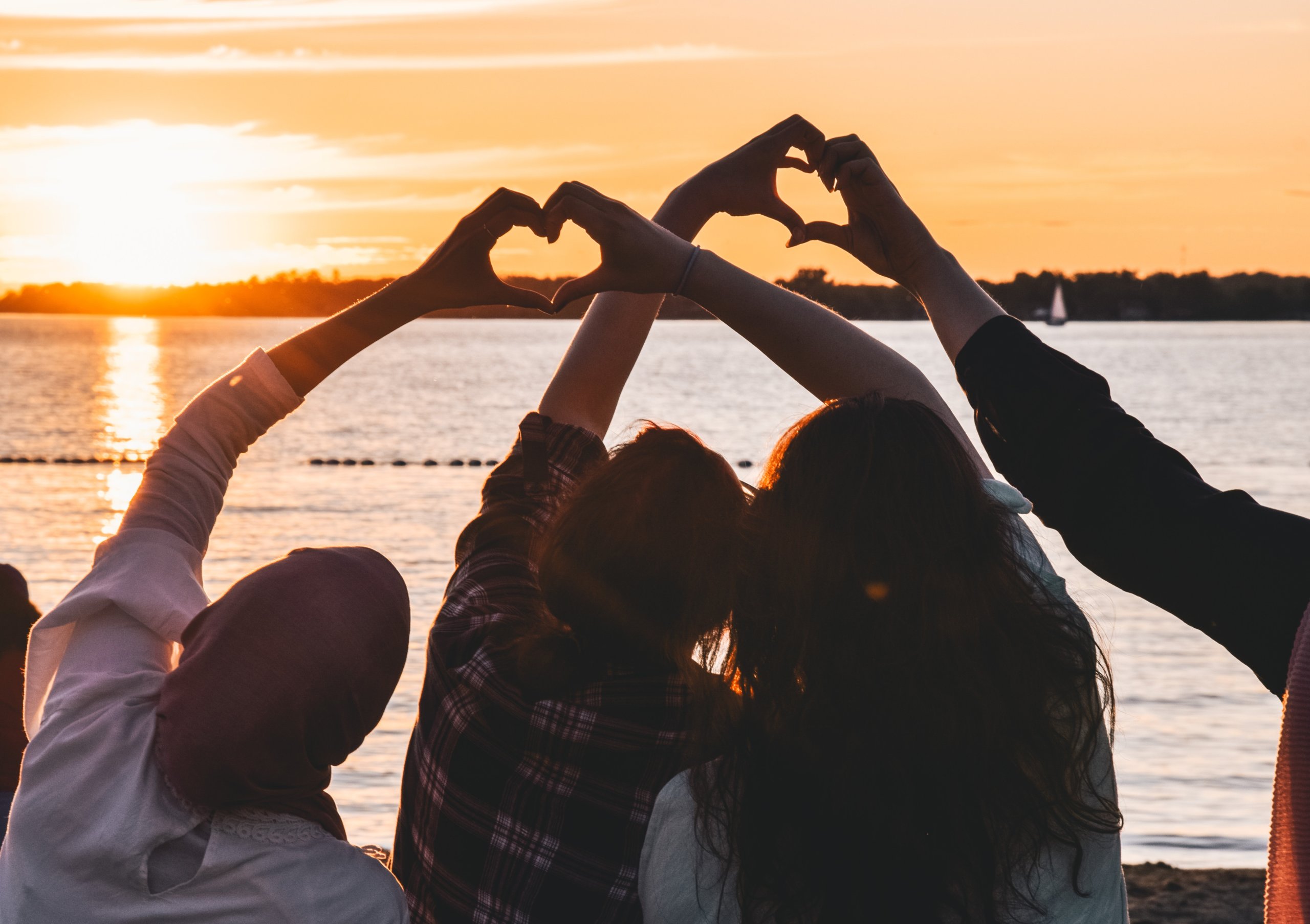Friendship is very important in our lives. Along with the simple fact that friendship provides key support, relationships are a big part of our mental health and well-being. The people we surround ourselves with and the environment we create is a crucial part of maintaining sobriety in recovery. In addition, studies show that friendships play a vital role in recovery. Often, those we spend time with before recovery indulged in our addictions as well. Making a drastic life change to recovery can cause a lot of shifts in our lives. One significant change can be the shifts in our friendships.
Sober Friendships
As many can attest, early sobriety can cast a glaring light onto everything we do. Our life long friends who share addictive behaviors may seem more destructive (which they often are!) and unhealthy. You may come to see some friends could perhaps use an AA meeting. In addition, these running buddies often mirror our behavior and thinking. Furthermore, recognizing the unhealthy influence of old friends, or the lack of connection without the d.o.c. you once bonded over, can be a grieving process.
Letting Go of Destructive Relationships
It can be hard to admit that certain friendships only existed when you were using. Also, when you start to feel a lack of depth in a relationship, it can be painful and even isolating. Hence, it is best to assess things slowly. You do not have to “break up” with all your friends right away. And, more importantly, we have to remember we can’t make them get sober, too. Cultivating a curated list, however, of positive and negative aspects of friendships can be quite helpful. This is a big part of learning to set boundaries. Also, it will help you know what sober relationships are positive for you. Maybe you no longer go to your friend’s house who is an active user. However, you talk on the phone from time to time so they feel supported. You may express to a close friend that you no longer wish to golf on Sundays because folks are drinking. True friends will hear these requests and respect them. When they are not heard, or when a friend takes offense, this can be the indicator that this friendship may not be healthy for you.
Finding Our Sober Friendship Tribe
There is a lot to be said around finding like-minded people in recovery. Some people love being sober and feel it has saved their lives. Others do not or think AA, NA, GA, and on, are cults. Undeniably, however, sober living will put you in touch with people going through the same experiences as you. AA is not the only group for those seeking a sober life. There are many resources for support groups or non-12-Step addiction recovery groups that can help one branch out and meet other sober people. If you have a passion or hobby that you already know about or want to explore, take a class! Even connecting with those not in recovery, but who share common interests, can lead to deeper, healthier friendships. It can be tricky with Covid-19 restrictions at the moment, but zoom meetings and online classes and support groups are always taking place. There is a world-wide network of people in recovery. Though it may be intimidating at first, taking the first vulnerable step towards connection can open up a whole new life. Also, almost everyone in recovery was new at some point and experienced the same fear and need to connect.
It may feel scary, to shift out of old support systems and comfortable friendships. You may feel isolated and lonely. But “nature abhors a vacuum.” In psychics, when there is a vacuum in space or empty space, nature seeks to fill it. So when we create space in our life by releasing what no longer serves us, new life, new friendships, will come.
Image courtesy of unsplash



